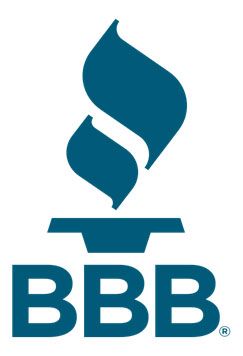Use Value-Added Merchant Services to Get More Small Business Banking Market Share
by Karla Wilson
As community banks continue to face stiff headwinds caused by increased competition from tradtional and non‐tradtional financial services providers as well as a harsher regulatory and economic environment, they must continually seek new revenue streams and competitive differentiation.
Small business banking is a valuable and often untapped source of opportunity for differentiation, growth and increased profitability. But, community banks face stiff competition for business banking accounts from major banks which control 68 percent of small business banking relationships.
A survey by Raddon showed 72 percent of small business respondents listing a wide range of business banking products and services as extremely or very important attributes of primary financial institution (PFI) status. Here’s the good news: your small business banking clients want to keep their personal and business banking relationships in one place, so offering comprehensive merchant services, including turnkey payments processing, is one way banks can ensure they keep the entire banking relationship.
Small Business Banking Market Share Opportunity
By a number of factors, the economic outlook for small businesses is good and optimism over the last couple of years has been at levels unseen in 45 years, according to the National Federation of Independent Businesses (NFIB), which has been recording optimism scores over 100 for the period between December 2016 and October 2018.
The potential impact of small business banking to the bank’s bottom line should not be ignored. In addition to simply attracting and retaining a higher number of small business accounts and balances, maintaining a PFI relationship with them opens the gate to attracting new loans. In 2018, U.S. small business loans totaled $700 billion.
To seize on the potential for capturing increased small business banking market share as well as the opportunity to capture larger business deposit and loan balances, community banks must understand and meet the unique needs and challenges of small businesses.
Merchant Services: A Key Driver of Competitive Differentiation
Even if you currently offer merchant services to small businesses, your processing provider matters a great deal—not all partners are created equal. While costs, wide payments acceptance, technology, compliance and safety may be some of the primary factors involved when selecting a processing partner, one often overlooked, yet critical feature includes support—both for your bank and your clients.
Community banks face extra challenges trying to keep pace with big bank competitors around the need for fewer staff to perform a wider range of functions. Partnering with a processor that offers end‐to‐end support, including marketing, training, side‐by‐side selling, merchant installations and live support can remove the barriers ften created when rolling out a new product offering—especially one that may not be within the bank’s core competency.
Geography also matters. Banks should select a merchant services partner with offices and representatives available locally who can provide in‐person training and onsite sales and support to both the bank and its business clients.
Maximum Impact
You’ll know you’ve found the right merchant services provider when you realize maximum retention and revenues with minimal effort. At a minimum, small business banking clients expect their PFI to enable payments acceptance. Community banks exceeding this expectation by offering world class payments processing, competitive pricing and the latest technology backed by personalized service stand to outpace their competition when it comes to account retention, average balances, revenue generation and overall profitability of their business banking portfolio.

Karla Wilson is Area Vice President at Retriever Payment Systems, an ACB Associate Member. She may be reached at
karla@localccprocessing.com
The post first appeared on Retriever, Advantage Merchant Services.

